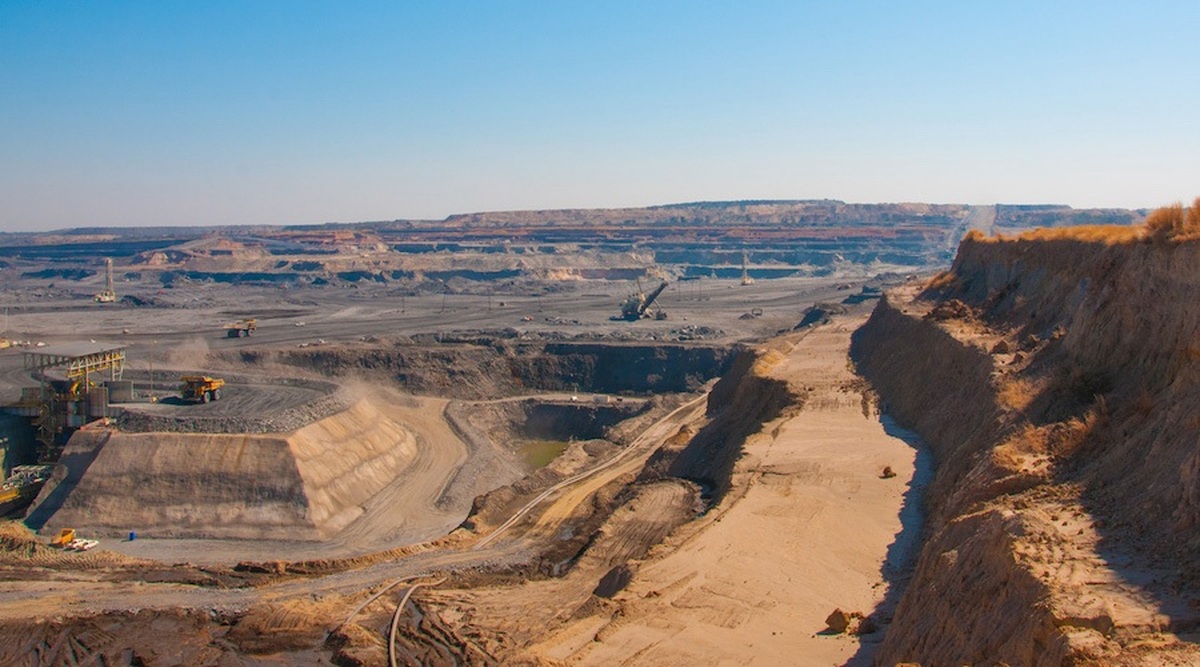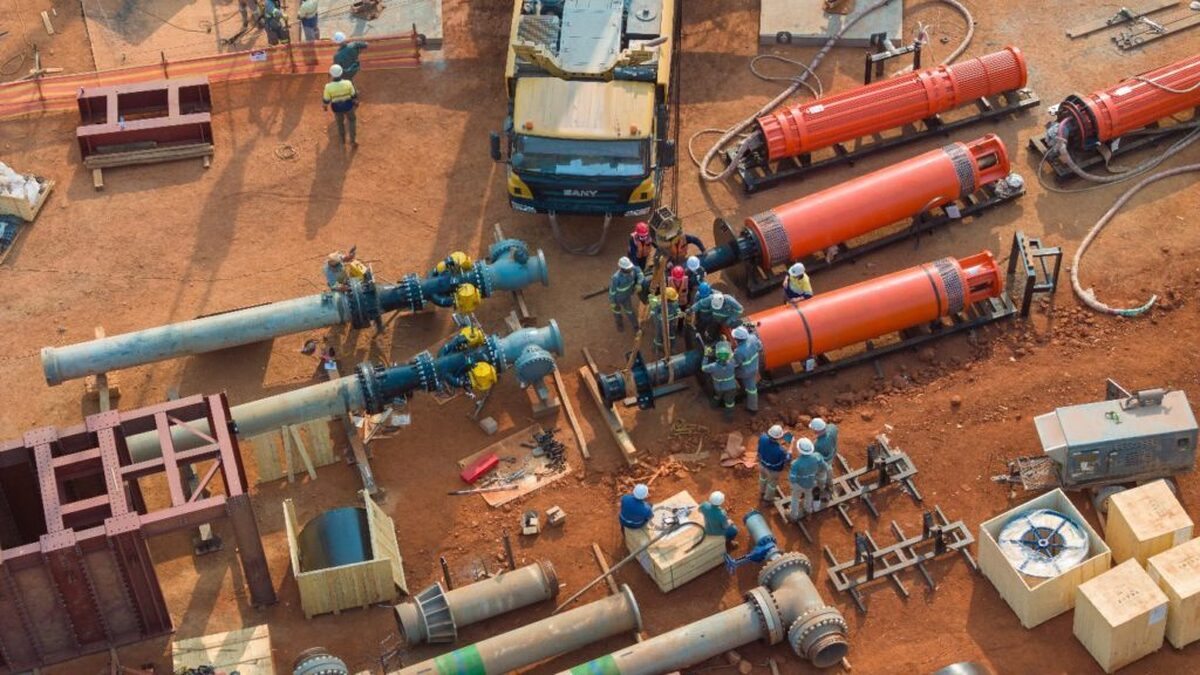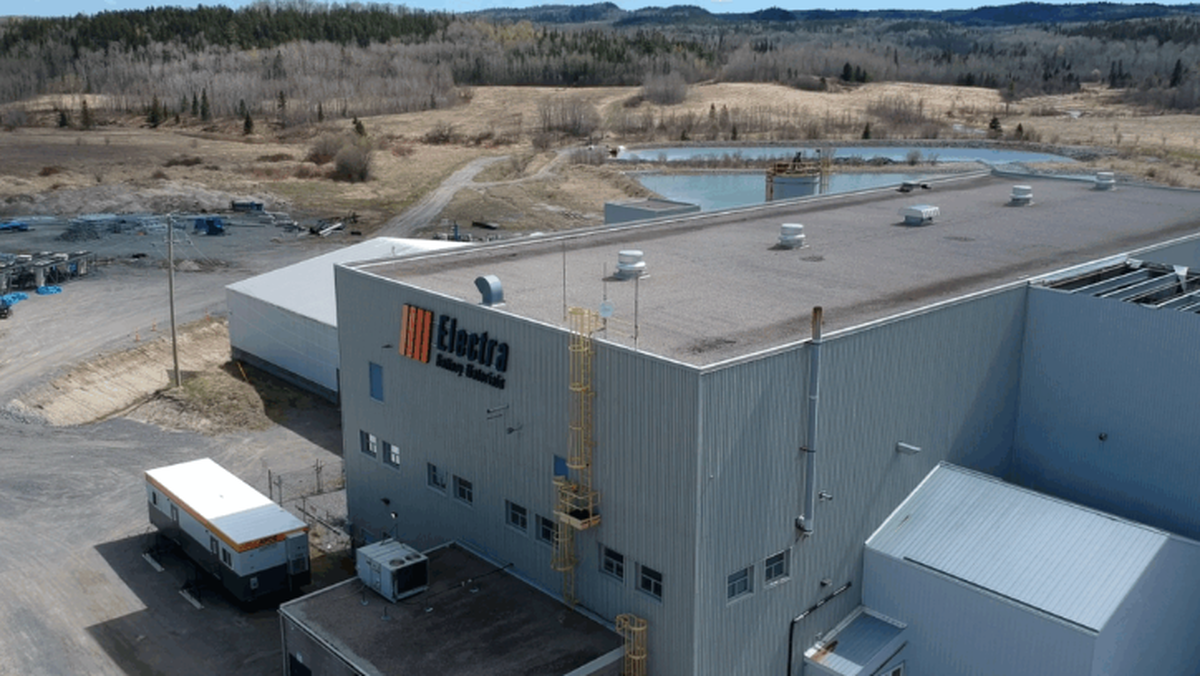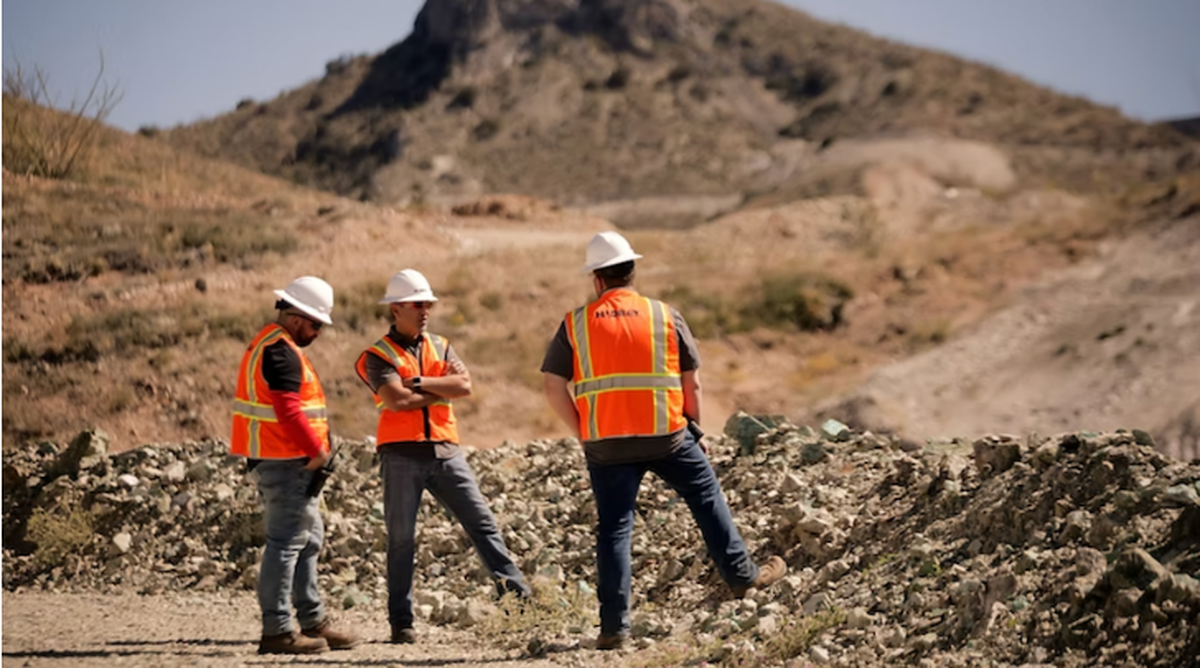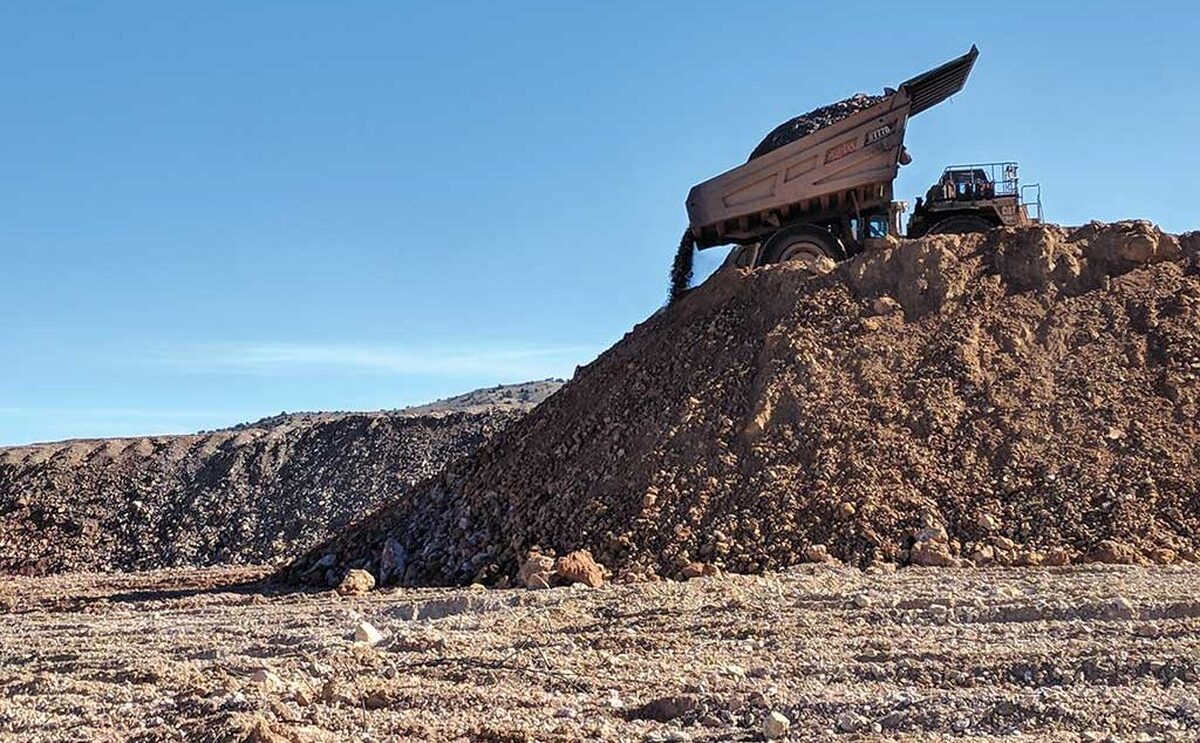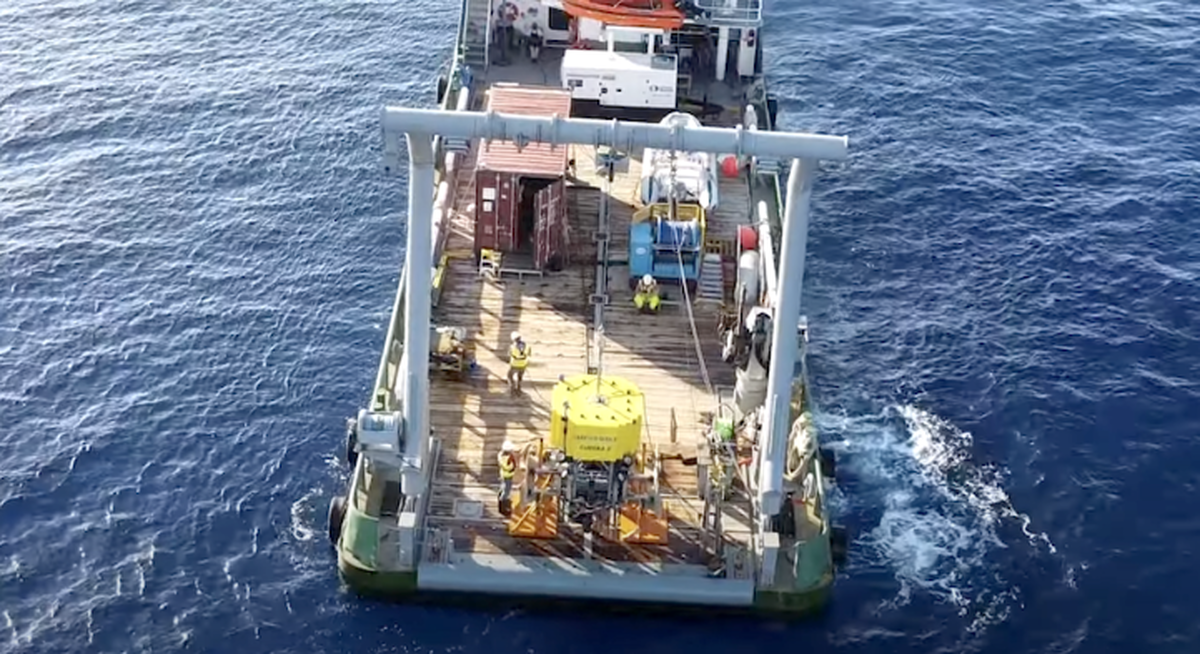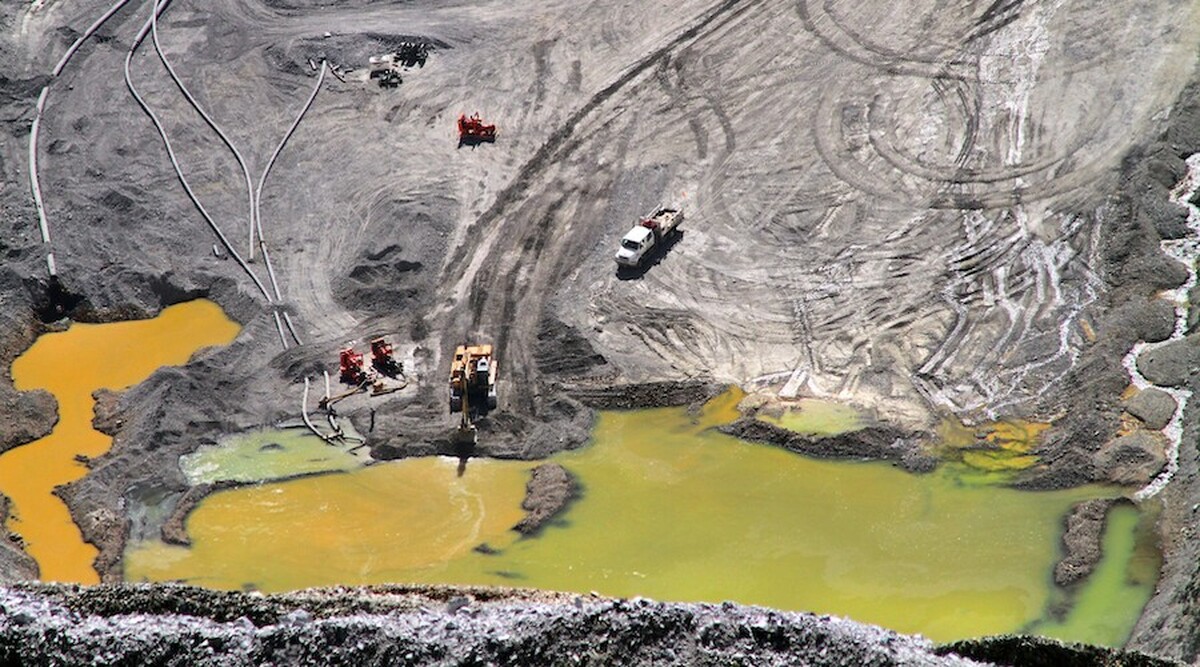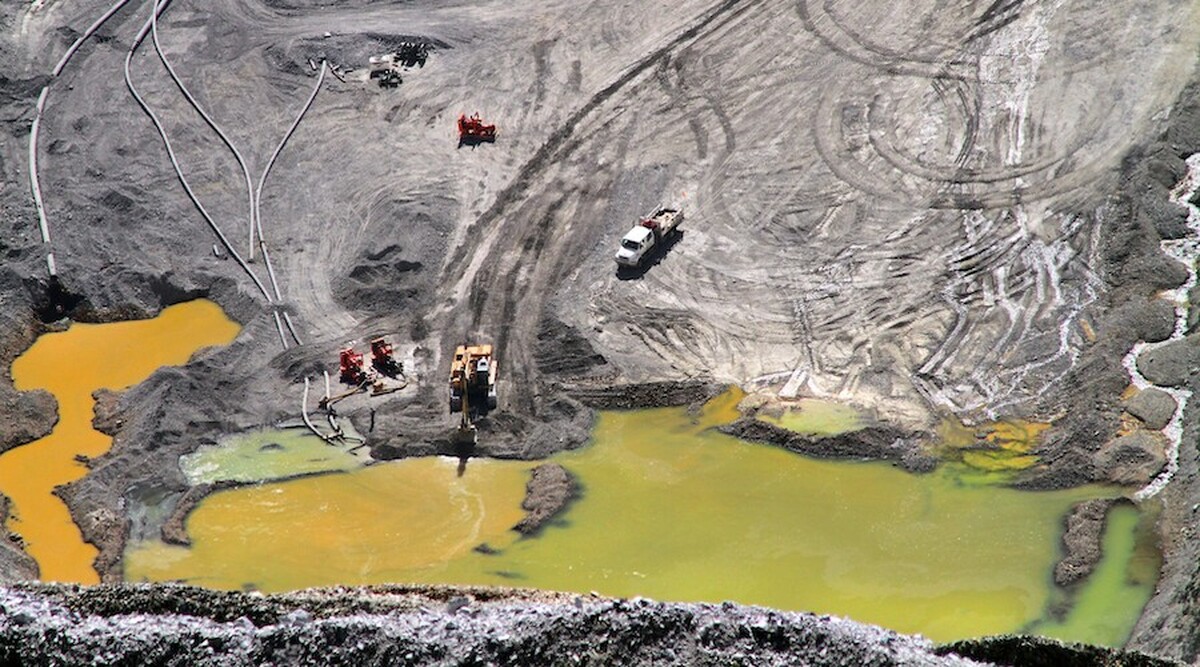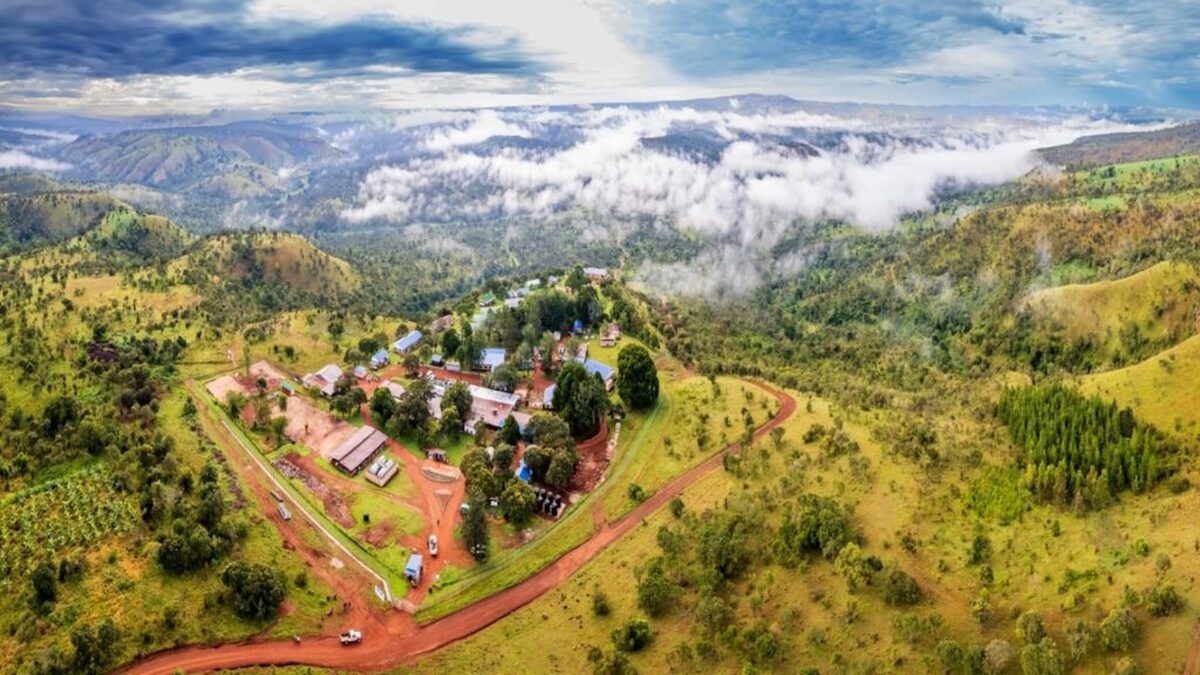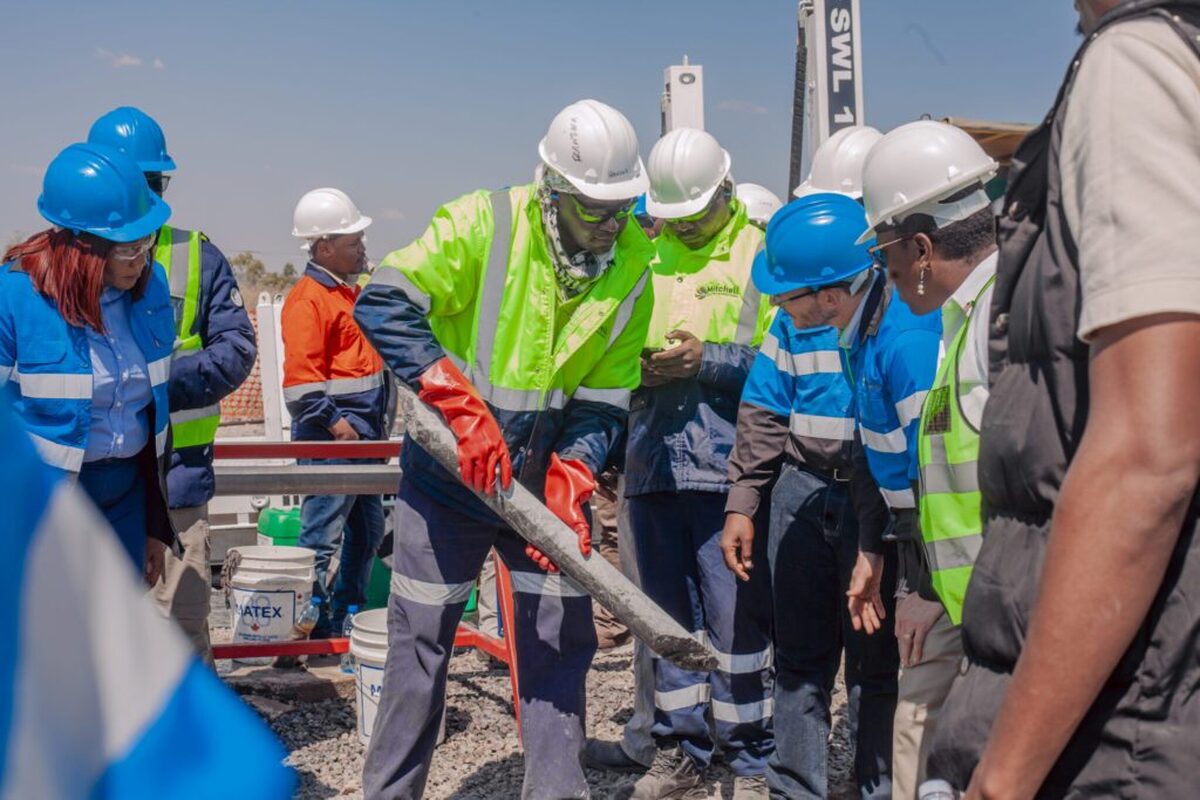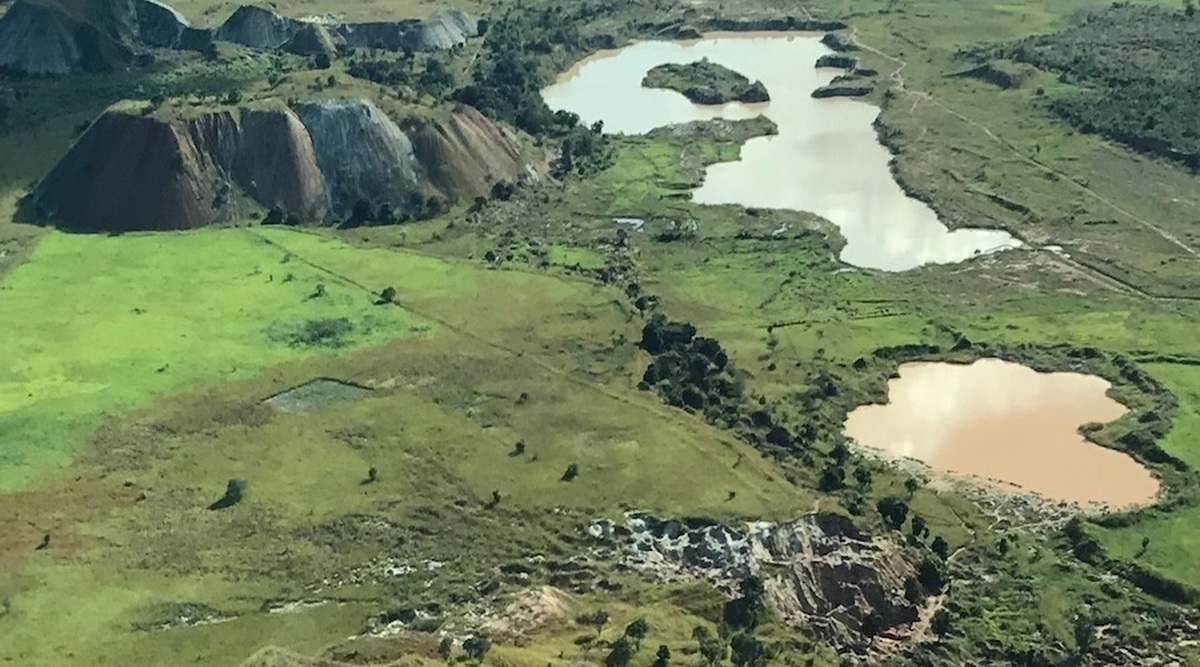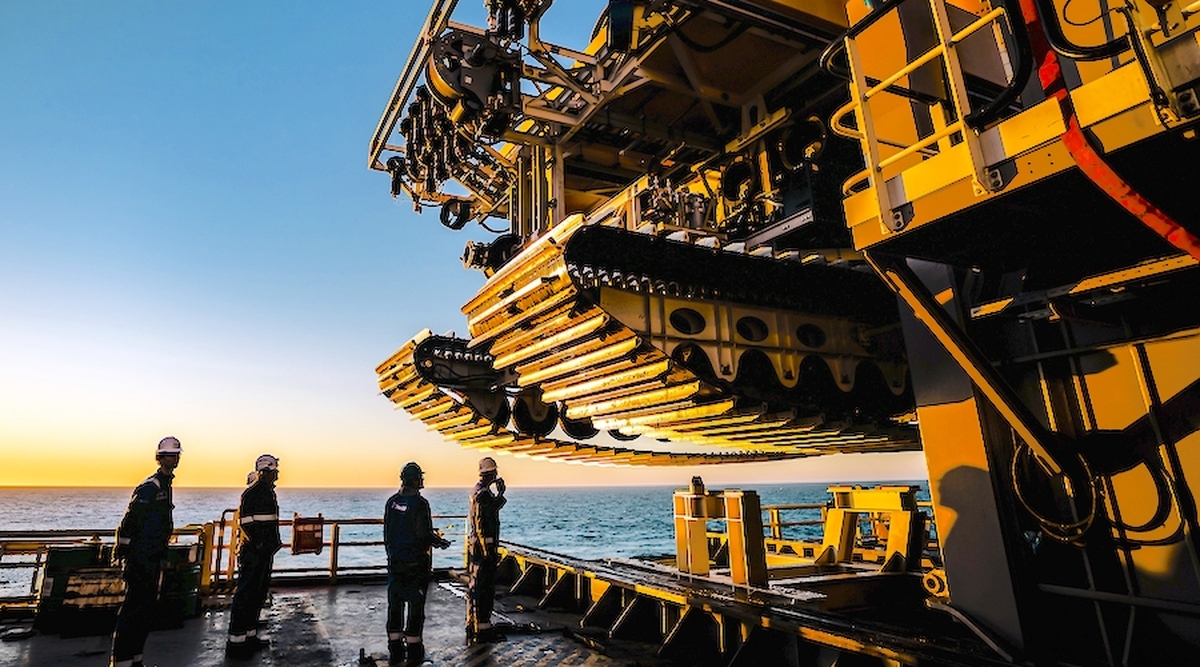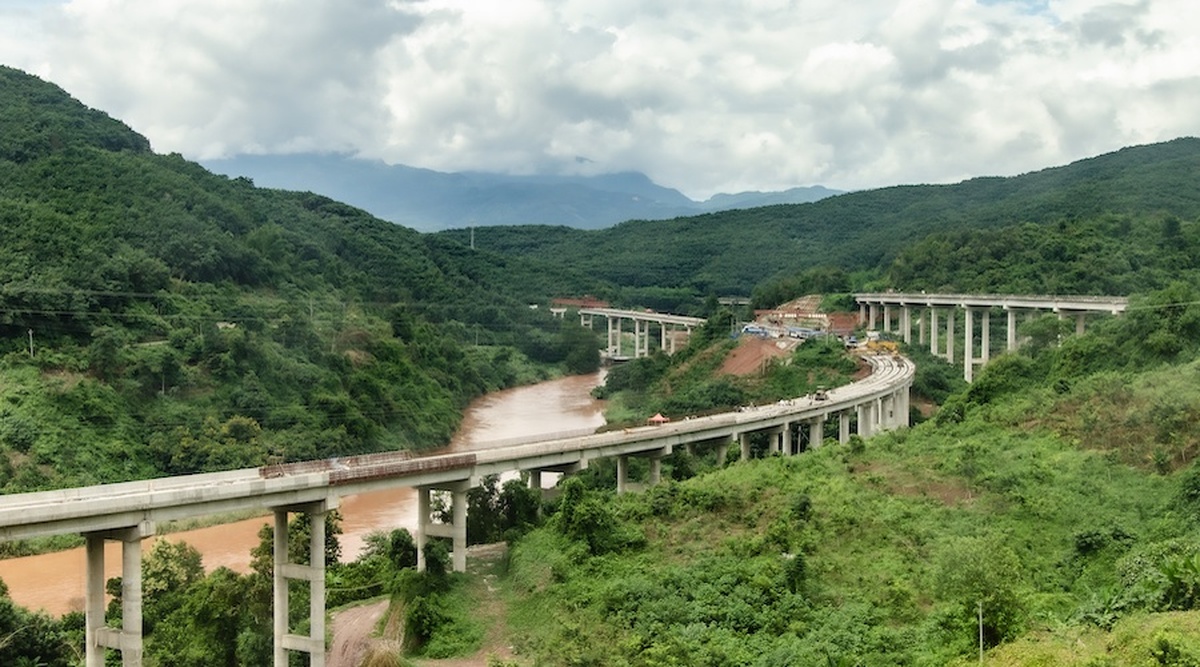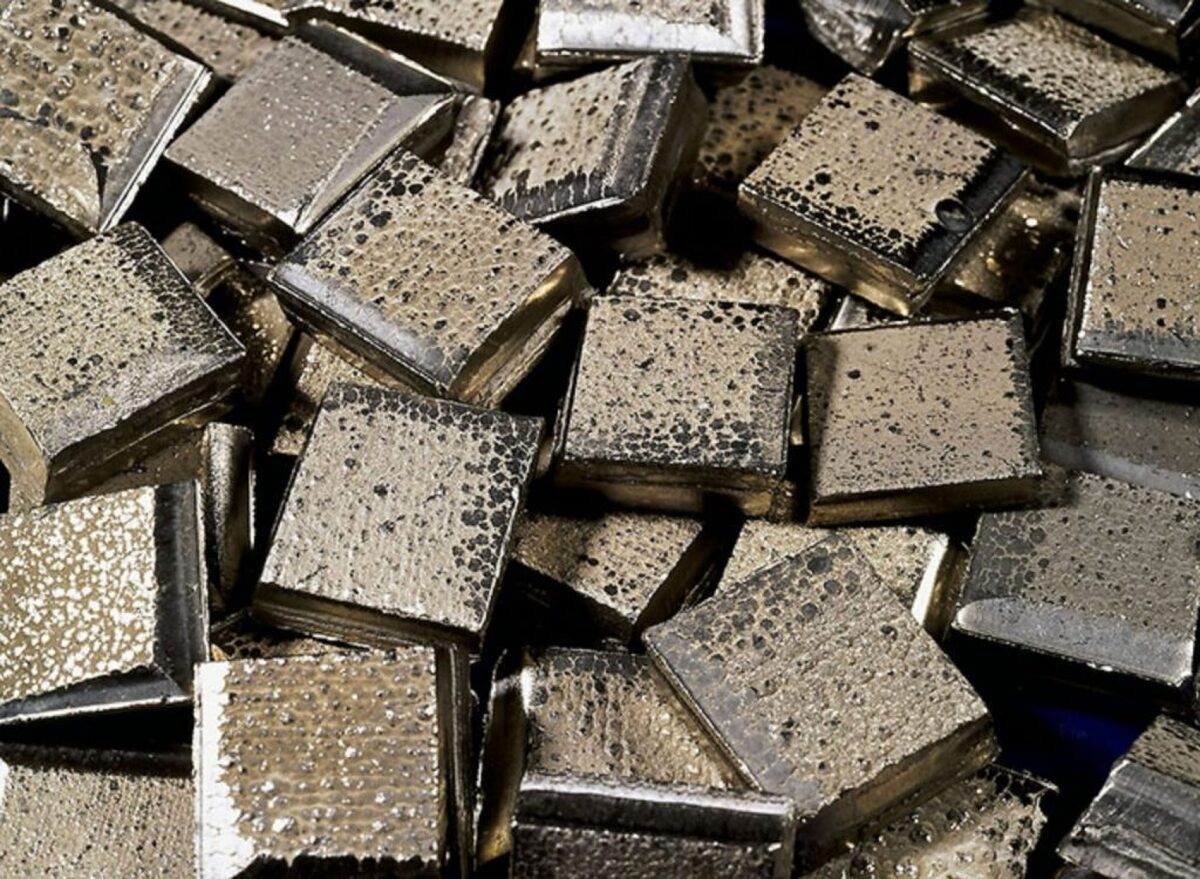
Glencore warns of cobalt surplus amid DRC export ban
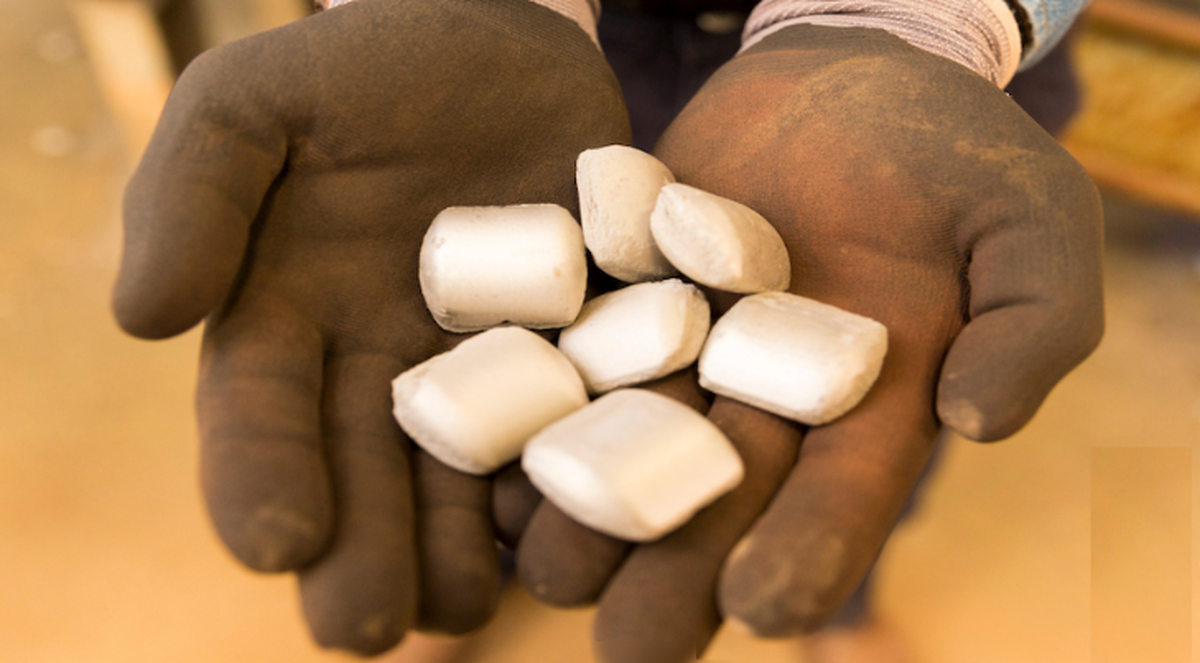
According to me-metals cited from mining.com, The DRC, which supplies the bulk of the world’s cobalt, imposed a four-month export ban in February after prices hit a nine-year low. In June, the government extended the ban by another three months, aiming to curb oversupply and buy time to develop a quota system for distributing export rights among mining companies.
“The extension of the export ban is expected to significantly tighten cobalt availability and accelerate inventory drawdowns, providing support to prices,” Glencore said in its first-half results.
The Swiss miner and commodities trader said it is stockpiling all cobalt production from its DRC operations and declared force majeure on some deliveries earlier this year.
While Glencore did not disclose the size of its cobalt stockpile, it said it remains conservative in its assumptions, projecting no material financial impact even if no sales occur in 2025. Any resumed exports would be considered an upside.
“In terms of cobalt, we’ve been quite conservative in what we’ve assumed will get sold this year,” Chief Financial Officer Steven Kalamin said on a call on Wednesday. “Even if we are unable to sell anything this year relative to numbers that we’ve given, it wouldn’t be a material variance.”
Despite the export ban, Glencore’s total cobalt production climbed 19% year over year to 18,900 metric tonnes. The company raised its 2025 production forecast to between 42,000 and 45,000 tonnes, up from 38,200 tonnes in 2024. In total, Glencore mined 35,100 tonnes of cobalt last year at its Congo sites, where the metal is typically extracted as a byproduct of copper mining.
Cobalt prices collapsed to record inflation-adjusted lows in January, hammered by surging supply from Congo and sluggish demand from the electric vehicle sector, which has eclipsed aviation and aerospace as the leading consumer of the metal.
Agribusiness’ future
Glencore also hinted on Wednesday it may eventually divest its 16.4% stake in Bunge Global, the newly formed agribusiness giant born from Bunge’s $34 billion merger with Glencore-backed grain trader Viterra.
“The agriculture business is not necessarily consistent with our business model,” chief executive officer Gary Nagle said during Wednesday’s webcast following the earnings release. “Having a 16.4% shareholding in Bunge is probably not something that would be for Glencore in the long term.”
source: mining.com


Barrick’s Reko Diq in line for $410M ADB backing

Trump weighs using $2 billion in CHIPS Act funding for critical minerals

Pan American locks in $2.1B takeover of MAG Silver
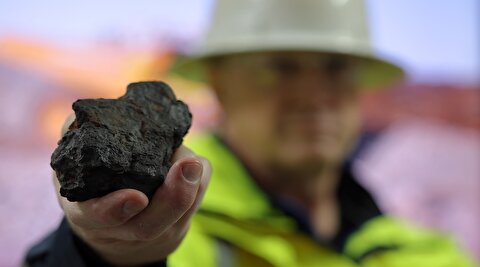
US adds copper, potash, silicon in critical minerals list shake-up

Gold price gains 1% as Powell gives dovish signal
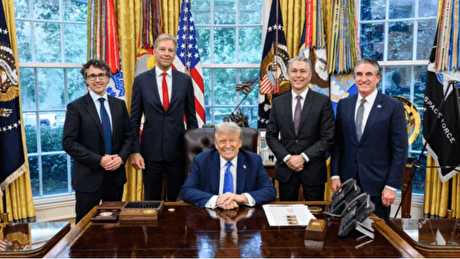
Trump raises stakes over Resolution Copper project with BHP, Rio Tinto CEOs at White House

Gold boom drives rising costs for Aussie producers

Giustra-backed mining firm teams up with informal miners in Colombia
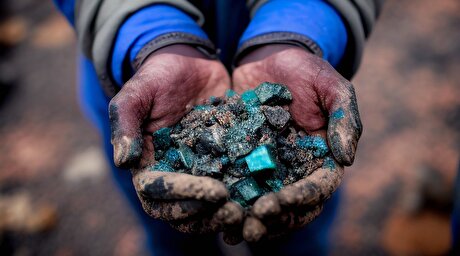
US seeks to stockpile cobalt for first time in decades

Kyrgyzstan kicks off underground gold mining at Kumtor

Kyrgyzstan kicks off underground gold mining at Kumtor

KoBold Metals granted lithium exploration rights in Congo

Freeport Indonesia to wrap up Gresik plant repairs by early September

Energy Fuels soars on Vulcan Elements partnership

Northern Dynasty sticks to proposal in battle to lift Pebble mine veto

Giustra-backed mining firm teams up with informal miners in Colombia

Critical Metals signs agreement to supply rare earth to US government-funded facility

China extends rare earth controls to imported material

Galan Lithium proceeds with $13M financing for Argentina project

Kyrgyzstan kicks off underground gold mining at Kumtor

Freeport Indonesia to wrap up Gresik plant repairs by early September

Energy Fuels soars on Vulcan Elements partnership

Northern Dynasty sticks to proposal in battle to lift Pebble mine veto

Giustra-backed mining firm teams up with informal miners in Colombia

Critical Metals signs agreement to supply rare earth to US government-funded facility

China extends rare earth controls to imported material

Galan Lithium proceeds with $13M financing for Argentina project

Silver price touches $39 as market weighs rate cut outlook

